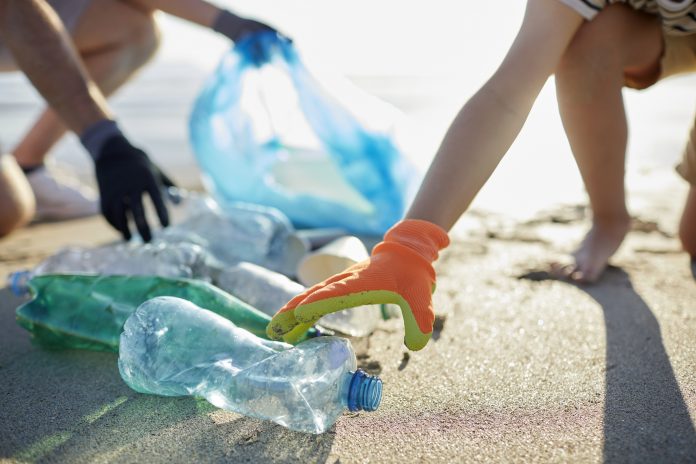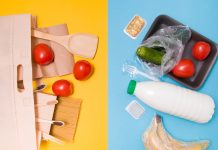Plastic recycling with table salt is poised to revolutionise the industry, offering a sustainable, cost-effective solution to enhance the recyclability of polyolefin polymers
Researchers have discovered that table salt, sodium chloride, surpasses costly catalysts in enhancing chemical recycling for polyolefin polymers, constituting 60% of plastic waste. This breakthrough offers a safe, affordable, and reusable solution for improving plastics’ recyclability, potentially transforming the industry.
A simple solution for plastic recycling with table salt
Muhammad Rabnawaz, an associate professor at Michigan State University’s School of Packaging, emphasises the power of simplicity. His team’s research, published in Advanced Sustainable Systems, highlights table salt’s potential to outperform expensive materials for plastics recycling.
Despite plastic’s recyclability claims, nearly 90% of plastic waste in the U.S. ends up in landfills or as environmental pollution due to the lack of value in recycled materials.
The team’s projections indicate that table salt could reshape the economics of recycling, particularly in pyrolysis, a heat and chemistry-based recycling method.
In pyrolysis, plastics break down into gas, liquid oil, and solid wax. The wax component, often undesirable, can comprise more than half of the final product’s weight. Traditional catalysts like platinum are effective but costly. Table salt, however, has proven to be a game-changer.
Table salt and its remarkable role
Rabnawaz’s team found that table salt alone can eliminate wax byproducts during the pyrolysis of polyolefins. Using table salt as a catalyst, they primarily produced liquid oil with hydrocarbon molecules similar to diesel fuel. Additionally, the salt can be easily reclaimed with water, making it a sustainable choice.
Table salt also showed promise in recycling metallised plastic films commonly used in food packaging, such as potato chip bags. While it didn’t outperform a platinum-alumina catalyst, the cost-effectiveness of salt makes it a compelling alternative.
A sustainable future for plastic recycling
Rabnawaz envisions a world where metallised films are no longer necessary, and his team is actively researching sustainable alternatives. They are also working to enhance the pyrolysis process to yield chemicals with more valuable applications than just fuel.
In summary, table salt’s remarkable catalytic properties offer a simple, cost-effective solution to revolutionise plastic recycling, potentially diverting significant plastic waste from landfills and incinerators. The early success of this innovative approach suggests a brighter, more sustainable future for plastic recycling.
Editor's Recommended Articles
-
Must Read >> Chemical industry: Towards the bioeconomy














